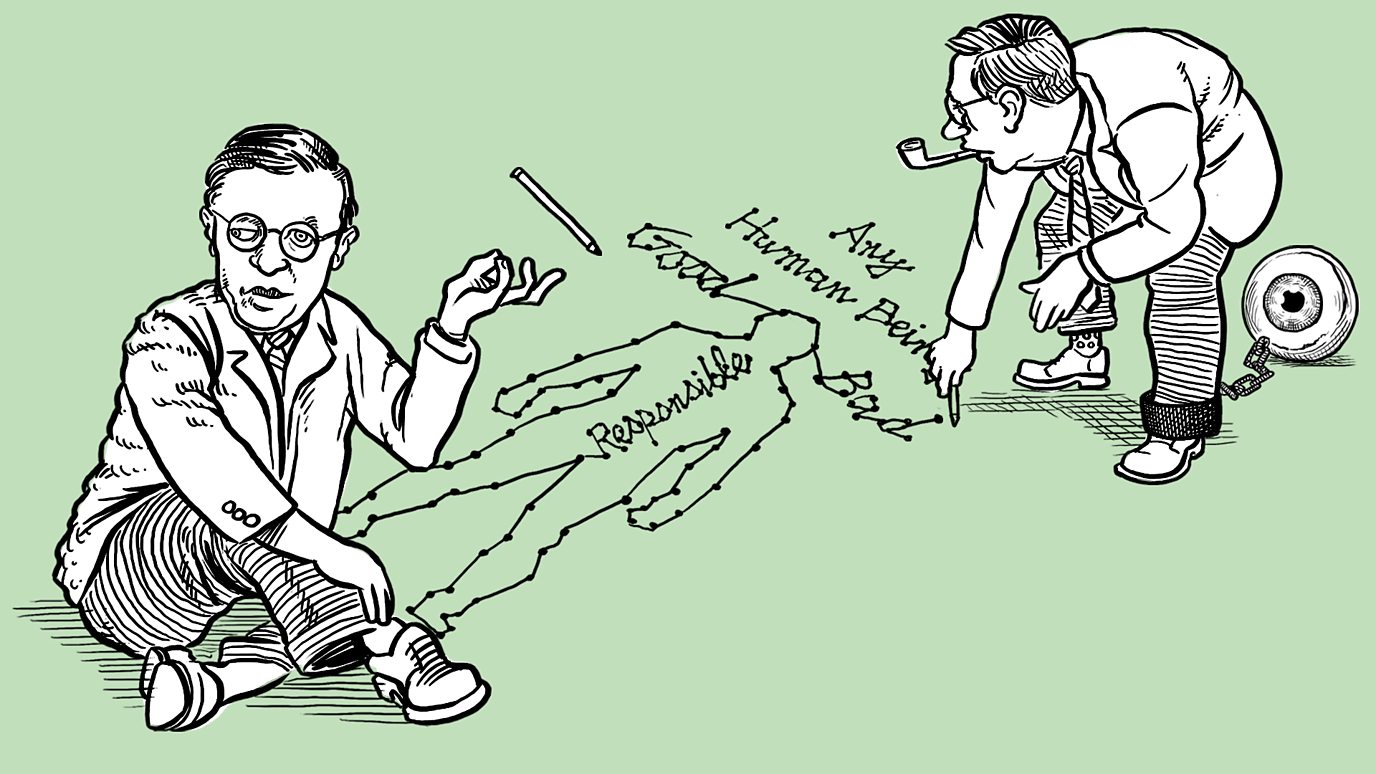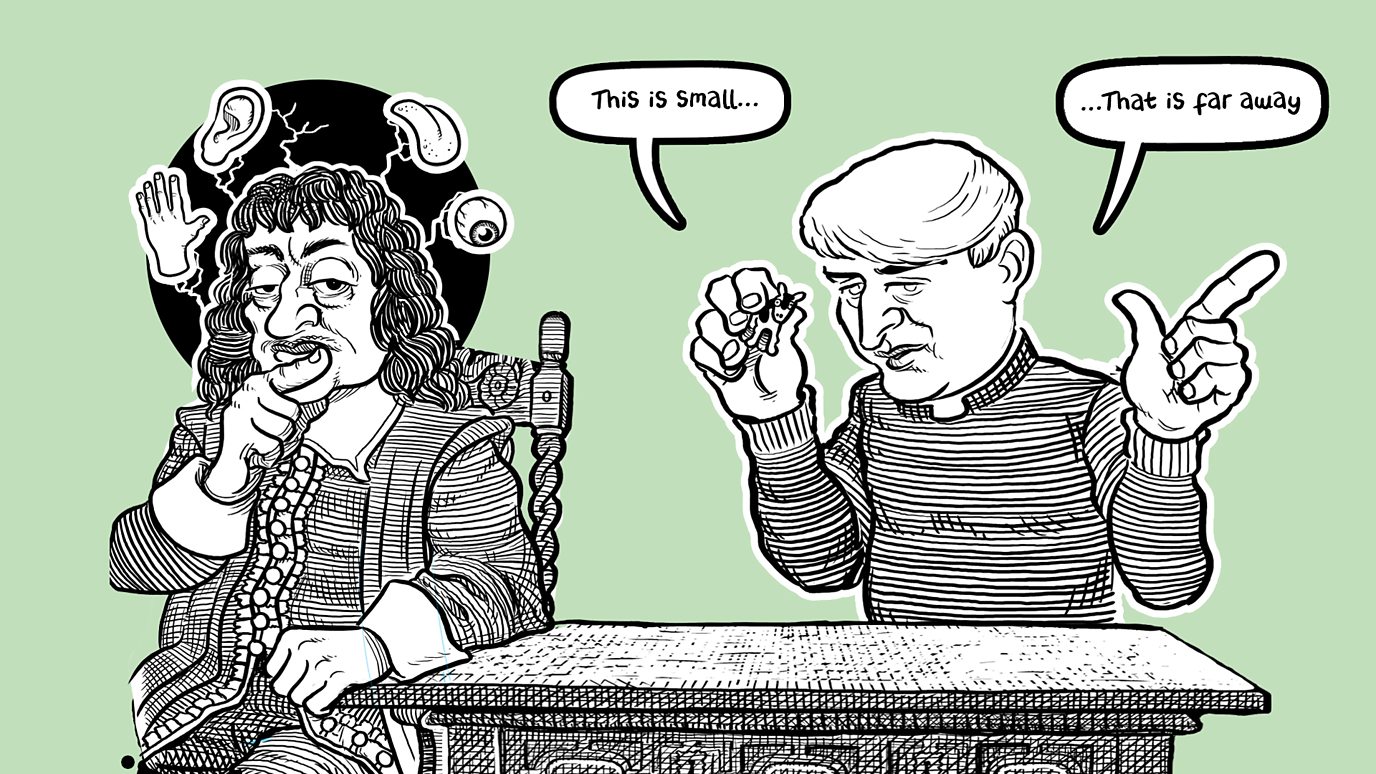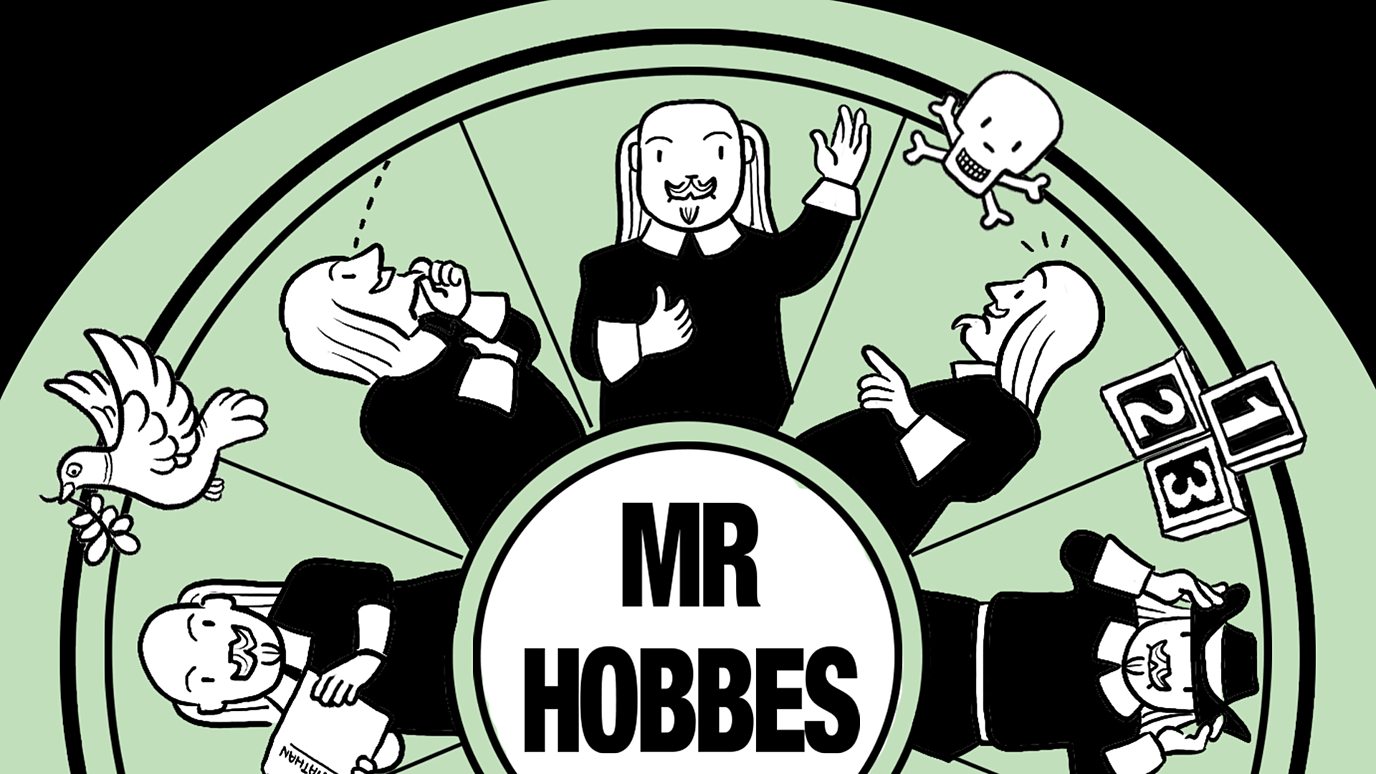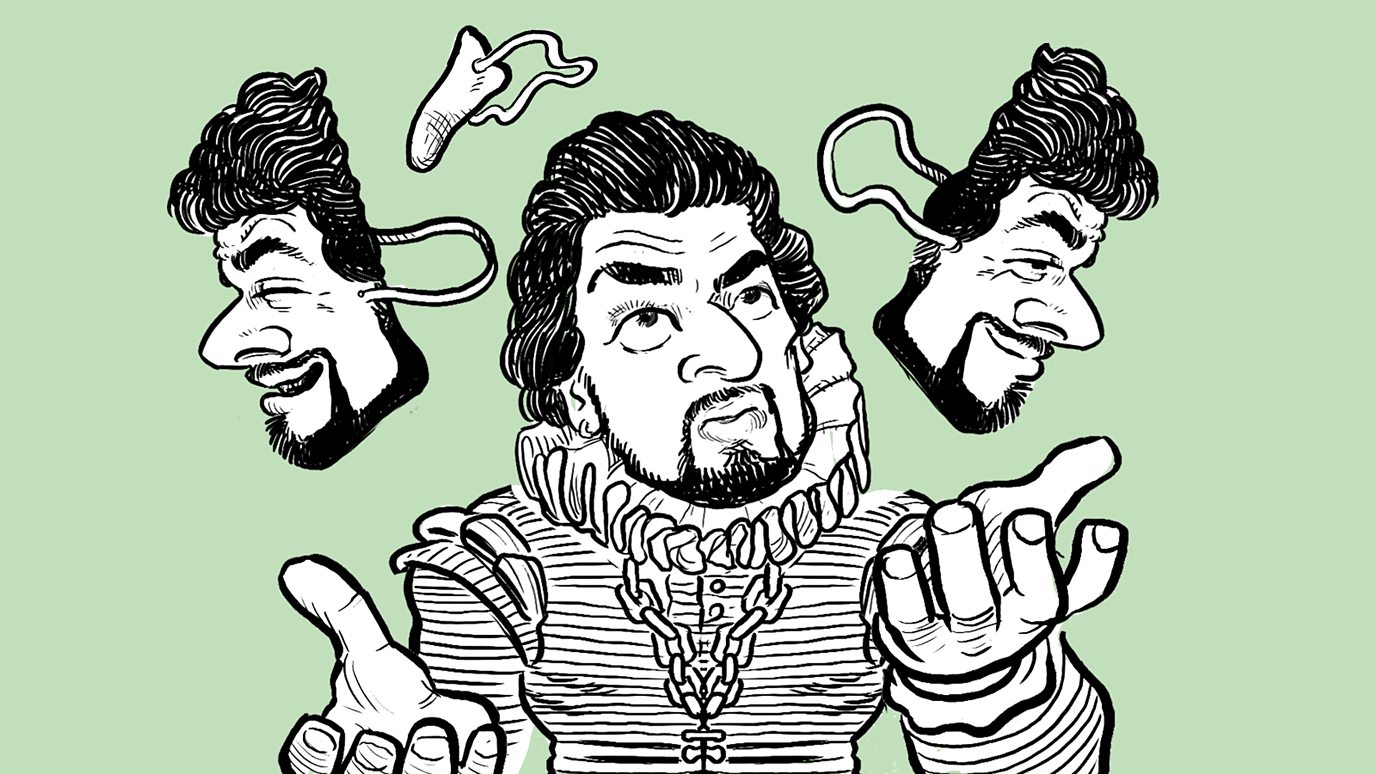Resources > Background knowledge
Who am I?… Who are you?… Who are we? “Cogito ergo sum is” the proposition by René Descartes that is usually translated into English as “I think, therefore I am.” The phrase originally appeared in French as “je pense, donc je suis.” Descartes asserted that the very act of doubting one’s own existence prooved the reality of one’s own mind; there must be a thinking entity — in this case the self — for there to be a thought in the first place.
1. Jean-Paul Sartre and Existential Choice
The existentialist Jean-Paul Sartre thought that human beings live in anguish. Not because life is terrible. But rather because, we are ‘condemned to be free’. We are ‘thrown’ into existence, become aware of ourselves, and have to make choices. Even deciding not to choose is a choice. According to Sartre, every choice reveals what we think a human being should be.

Source: BBC (2015); Open University (2015). History of Ideas. Duration: 02:04
2. Rene Descartes – “I think, therefore I am”
“I think, therefore I am” This is Descartes’ famous Cogito argument: Cogito Ergo Sum. This short animation explains how he came to this conclusion of certainty when surrounded by uncertainty and doubt.

Source: BBC (2015); Open University (2015). History of Ideas. Duration: 01:56
3. Know Thyself
The words ‘know thyself’ – ‘gnothi seauton’ – were inscribed in stone above the Ancient Greek Temple of Apollo at Delphi. Philosophers have mused on self-knowledge and its uses ever since. But is it possible to ever ‘Know Thyself’? Psychologists, such as Bruce Hood, have even suggested that the self is an illusion and there may not be a self to know.

Source: BBC (2015); Open University (2015). History of Ideas. Duration: 02:06
4. Erving Goffman and The Performed Self
Erving Goffman argued that we display a series of masks to others, enacting roles, controlling and staging how we appear and constantly trying to set ourselves in the best light. If this is true, do we have a true self or are we endlessly performing?

Source: BBC (2015); Open University (2015). History of Ideas. Duration: 01:58
BIG IDEAS
01. Beginnings
02. Who am I?
03. Being human
04. Knowledge
05. Beauty
06. Love
07. Freedom
08. Society
09. The good life
10. Right from wrong
11. Justice
12. Technology
CONCEPTS EXPLAINED
01. Astronomy
02. Microgravity
03. Thoughts on theory
04. Theology explained
05. History of the English language
06. History of Money
07. Economics explained
08. The European Union explained
CREDIT TO:

